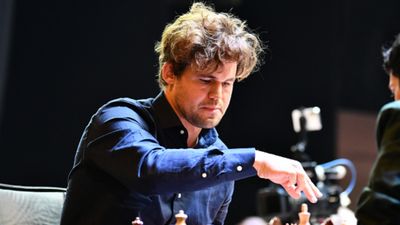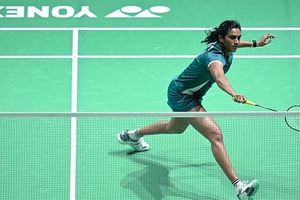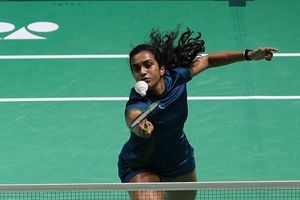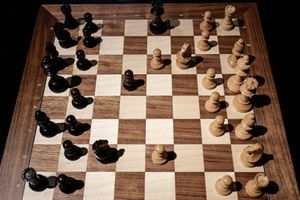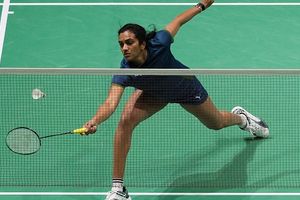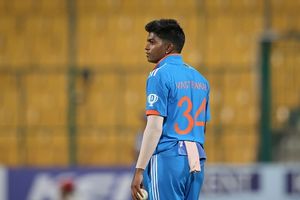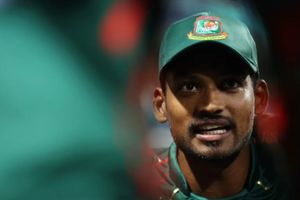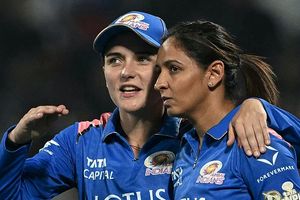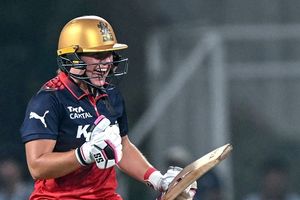Magnus Carlsen, widely regarded as the greatest chess player of all time, has given his seal of approval to a groundbreaking new format that could reshape the future of chess. Fresh off his victory at the inaugural chess championship at the Esports World Cup (EWC) in Riyadh, Saudi Arabia, Carlsen highlighted how the unique atmosphere set this event apart from traditional chess tournaments.
“I had my earphones on,” Carlsen admitted with a smile. “But from what I’ve heard from others, it was definitely a good atmosphere.”
The Norwegian Grandmaster, representing Team Liquid, defeated Alireza Firouzja of Team Falcons to claim the championship and a staggering $250,000 prize.
Chess meets esports on a global stage
The EWC’s second edition integrated chess alongside major gaming titles, providing a vibrant stage with neon lights, live audiences, and roaring young fans—something rarely seen in the typically quiet halls of classical chess.
Ralf Reichert, CEO of the EWC Foundation, explained that this was intentional:
“We’ve taken an evergreen game and set it up as a fast, quick-paced broadcast.”
Instead of marathon battles spanning weeks, players competed in 1–2 hour matches over four days. The accelerated pace not only entertained the crowd but also pushed even the best players into high-pressure situations, resulting in thrilling clashes.
Magnus Carlsen on the changing face of chess
Magnus Carlsen has long been vocal about modernizing chess, and the EWC’s production values only reinforced his belief that the game is evolving.
“I felt that chess was becoming a sport in a way that it hasn’t before,” he said. “It was fast-paced. Great production. Very knowledgeable and enthusiastic crowds. I personally have loved the idea of exactly that: crowds being able to be expressive, be loud, and also being a part of something a little bigger.”
With a total prize pool of $70 million across competitions, the EWC offered unprecedented incentives for chess professionals, drawing top talents like Hikaru Nakamura, who secured $145,000 for his semifinal finish.
A new era for chess entertainment
Beyond the prize money, Magnus Carlsen’s involvement brought legitimacy to chess within the esports ecosystem. His presence also elevated his team, Liquid, as they pushed toward the EWC’s overall team championship.
Still, Carlsen acknowledges that some in the classical chess community remain skeptical about these changes.
“Chess players and fans are generally not really positive toward change a lot of the time,” Carlsen said. “But I think there were a lot of people who were skeptical who have already come around, and I think that’s just going to continue in the future because sports are entertainment after all.”
The event, Magnus Carlsen believes, signals the beginning of a new era where chess is not just a test of intellect but also a spectacle capable of entertaining global audiences.
ADVERTISEMENT
